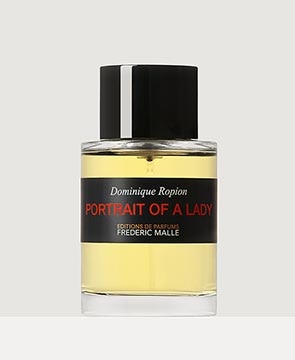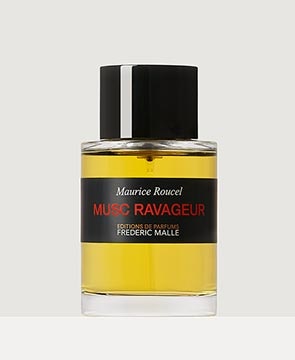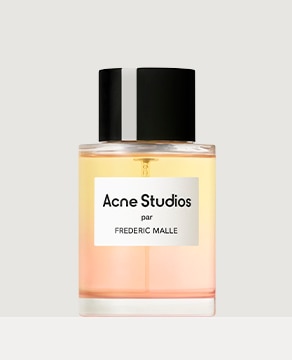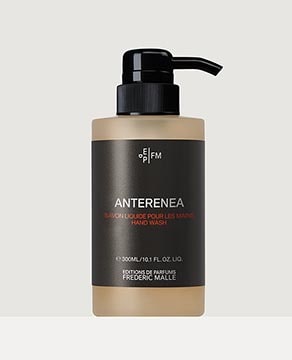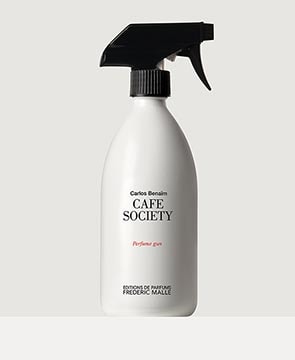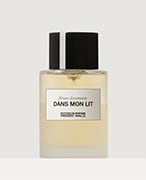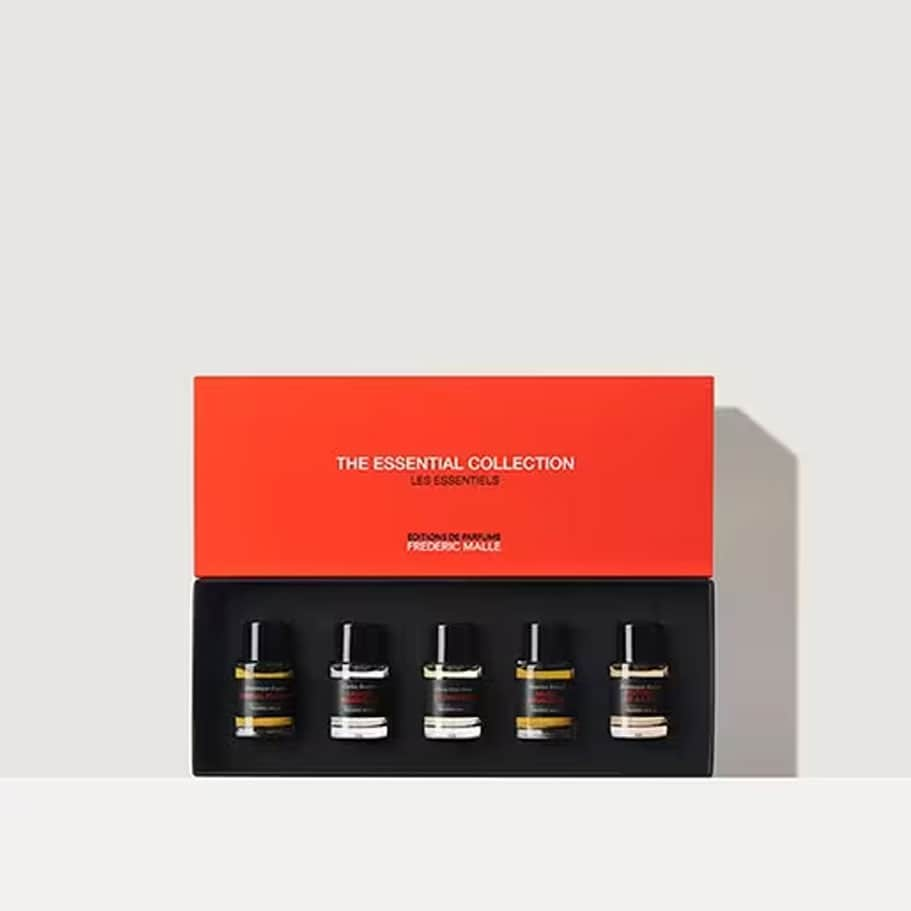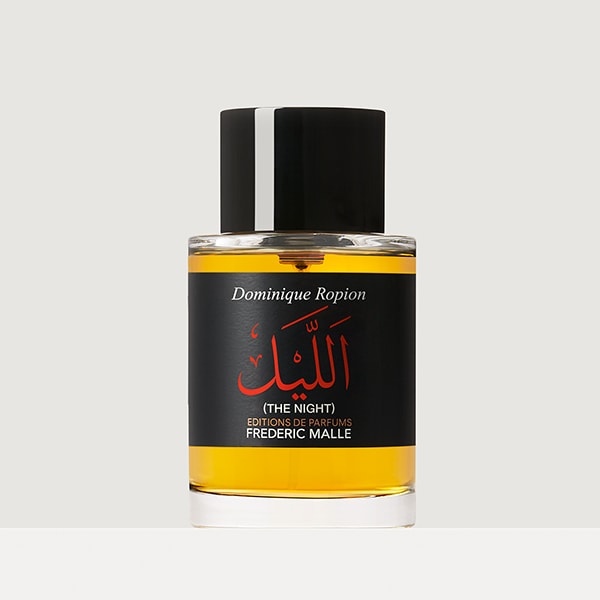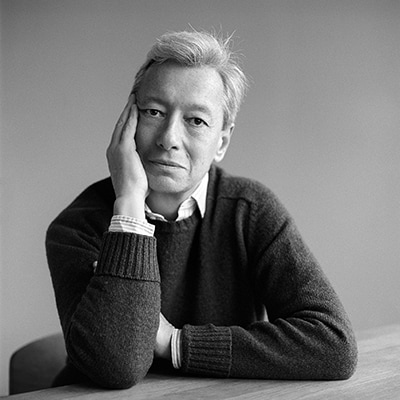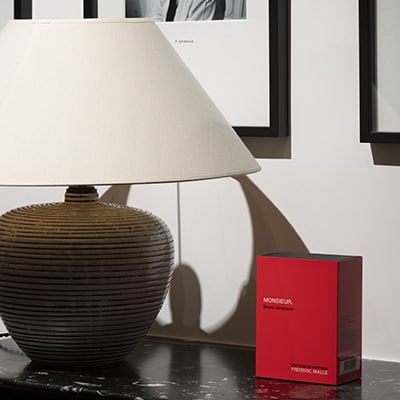Glossary: Perfumery Terms
Perfumery terms are terms within the world of perfumery to define an olfactory type or substance. They can also describe a method for making perfume. Learn more about some key perfume characteristics here:
ABSOLUTE
A product obtained through an extraction with volatile solvents. This technique was developed in the early 20th century. Absolutes belong to the rare and precious raw materials family. For instance, in the case of a Turkish rose, one requires 900kg of petals to obtain one kilo of absolute. Absolutes helped promote French perfumery during the inter-war years but their use is now very limited.
ACCORD
A blend of a minimum of two fragrant materials leading to a specific olfactory outcome.
BASE
A blend of several raw materials including synthetic molecules. Bases were formulated by perfume laboratories in the 1940s and 1950s to help perfumers when composing new fragrances. Those short compositions can be a reproduction of flowers, like jasmine, or abstract like the famous Prunol by Delaire, a delicious smell of candied plum. The latter was used by Edmond Roudnistka in Femme by Rochas.
BASE NOTES
Those notes that are the most persistent in perfumes. They form the foundation upon which the whole composition rests. They can last a few days and form the long-lasting “imprint” of the fragrance. They are also the most sensual notes, which allow the perfume to merge with the skin. Base notes are spicy, woody, amber or musk.
CITRUS
Citrus perfumes are compositions based on lemon, orange, bergamot, grapefruit or mandarin.
CONCRETE
CORE NOTES
CHYPRE
The expression “chypre” or “chypre perfume” comes from the eponymous Coty perfume, launched in 1917. It was hugely successful and later inspired other perfumes, such as Mitsouko by Guerlain and _Femme by Rochas.
DISTILLATION
EAU DE COLOGNE
The very first formulas were ‘cure all’ elixirs that came from monks and nuns in Italy. Later in the early 18th century an Italian barber, Gian Paolo Féminis, marketed his formula in Cologne, Germany where it became popular and copied. It then was introduced in France by his nephew, Jean-Marie Farina. Today the term "cologne" is widely used to describe fresh perfumes that don’t only have citrus notes. It is also used interchangeably as a term for men’s fragrance.
EAU DE TOILETTE
EAU DE PARFUM
ESSENTIAL OILS
EXTRACT
FOUGERE
HEADSPACE
HESPERIDIC
MOLECULAR DISTILLATION
MACERATION
MATURATION
NATURAL
OLFACTORY
OLFACTIVE FAMILIES
PARFUM
RESINOIDE
SYNTHETIC
TOP NOTES
